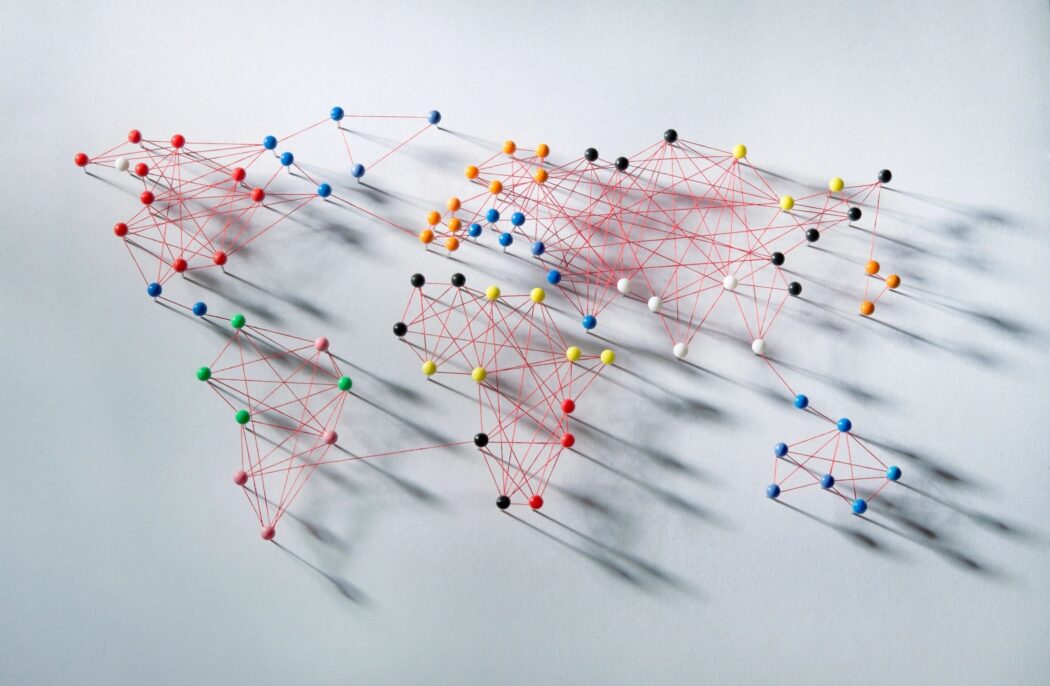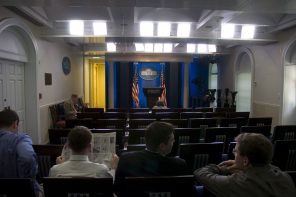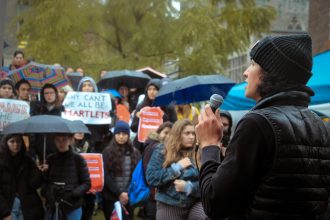On December 7th 2022, University of Toronto professor Andres Kasekamp discovered that his name appeared on the latest list of Canadian citizens sanctioned by the Russian government.The list of Canadians barred from entering Russia currently includes over 1500 individuals. The list of sanctioned people functions through reciprocity: when the Canadian government sanctioned Russians tied to Vladimir Putin’s regime following the Ukrainian invasion, the Russian Foreign Ministry returned the favour. While the list originally included mostly politicians, it then expanded to include academics. Professor Kasekamp believes that he and his colleagues were selected by the Russian embassy in Ottawa because they have been outspoken against the attack on Ukraine.
Canadian academics specialising in the region often directly challenge Russia and the Putin Administration. In his work, Kasekamp analyses the Red Army’s involvement in the Baltics during the Second World War, which the Russian government calls the Great Patriotic War. In Russia, the war is presented under a strict narrative of Russian pride, emphasising their role in liberating Europe from Nazi occupation. Yet, in his History of the Baltic States, Professor Kasekamp argues that the Red Army was also used to forcefully invade and occupy the Baltics and impose Soviet hegemony in the period after WWII. He has been targeted by the Russian government because his perspective directly challenges the Russian narrative of the Great Patriotic War, which has been utilised in post-Soviet Russia to fuel nationalism and militarism.
Queen’s University professor Ian Garner is an expert on Russian culture, memory politics, and propaganda. In his book Z Generation: Into The Heart of Russia’s Fascist Youth, he analyses and criticises how memory and identity have been distorted to indoctrinate Russian society, particularly Russian youth, into militarism and fascist ideology. He states that his work does not have a very strong reach in Russia because it has not been translated and could not be published in Russia. However, Garner has been present in both Canadian and Ukrainian media, which has been noticed by the Russian Embassy, as he is now barred from entering Russia.
As Professor Garner explains, the sanctions do not represent an insurmountable challenge to some experienced researchers such as himself. While entering Russia as a Westerner, particularly as a western academic, is now very dangerous – or impossible – they have workarounds. Luckily, Russia is not entirely closed off: technology allows Professor Garner and others to keep ties with their contacts in Russia and keep collaborating to produce well-researched viable information.
Scholars make the most of every tool they have at their disposal. For example, Carleton University’s Dr. Paul Goode has started a research unit which monitors, analyses, and reports on Russian media’s coverage of the war and events surrounding it. The unit identifies militarist ideology and rhetoric in Russian news broadcasts, and surveys how the media responds to crises related to the war.
However, a challenge arises from the inability to directly access physical archives: as Professor Garner explains, academics must either use digital archives, which are often incomplete, or rely on an associate already in Russia. Thankfully, as Professor Kasekamp points out, there are two factors facilitating access to Russian archives. First, Soviet archives were stored in different countries across the different member republics, and they therefore still have access to those in the Baltic states or in Ukraine, for example. Second, many researchers in the 1990s and 2000s had the foresight to copy and digitalise Russian archives, which has proved very valuable now that access to them is under stricter control.
Unfortunately, it is much harder for academics who are just beginning their academic careers. Finding collaborators in Russia is much more difficult for researchers who have never been to the country. David, a McGill PhD student, faces serious challenges in researching Russian society. While he has not been expressly banned from entering Russia, conducting research there is highly challenging for him. Doing fieldwork would require an academic visa, which may not be granted to him at all. Further, he does not want to support the Russian economy, as it is currently used to fuel destruction and violence in Ukraine and elsewhere.
David explains that conducting reliable opinion surveys in Russia would be extremely difficult. While Russia was quite welcoming to foreign research in the 1990s and 2000s, Russian citizens have since become increasingly sceptical of westerners and much less inclined to freely express their views, particularly about the Putin Administration and the war with Ukraine. Further, many people do not trust surveyors, particularly western surveyors, as they cannot trust if what they share can be traced back to them. While technology could be used to circumvent some of the issues surrounding entering Russia, David emphasises that surveys may be even more hesitant to speak over a video call, as they would not feel confident that their anonymity would be protected.
The general degradation of trust in Russian society and the corresponding increase in western scepticism will likely continue to pose a serious challenge to Canadian academics. But researchers are far from having been defeated by the Russian government’s active efforts to control and suppress academic research. Research endures while we hope for more transparency and trust in Russia in the future.



